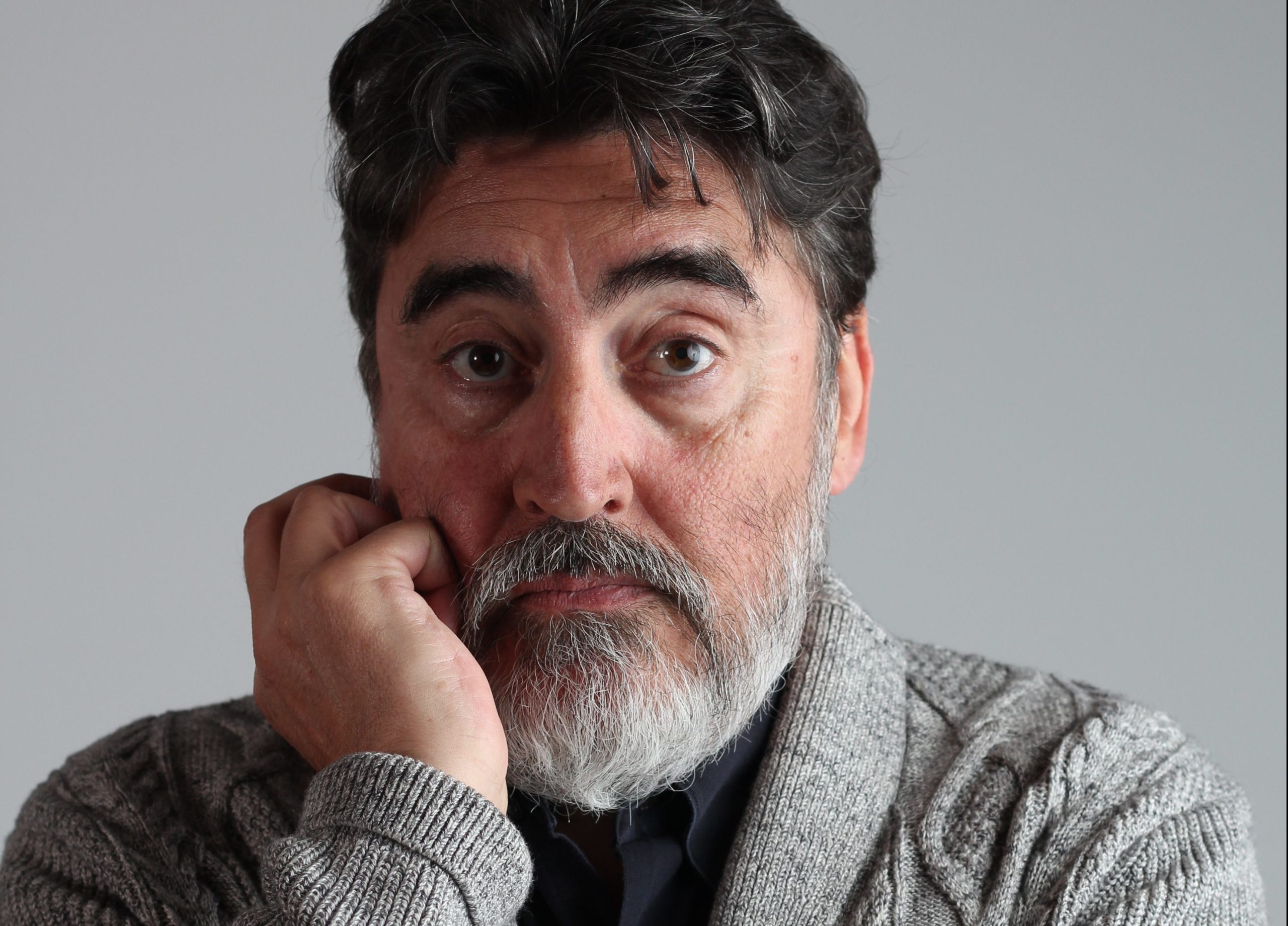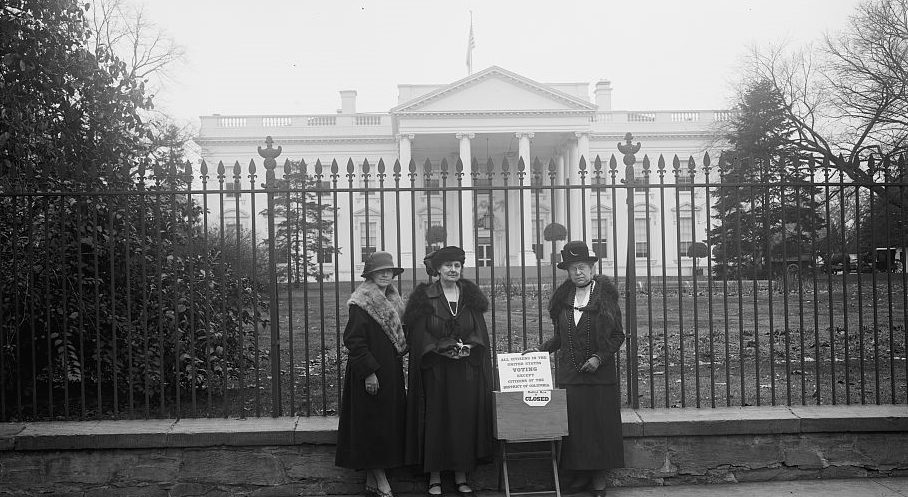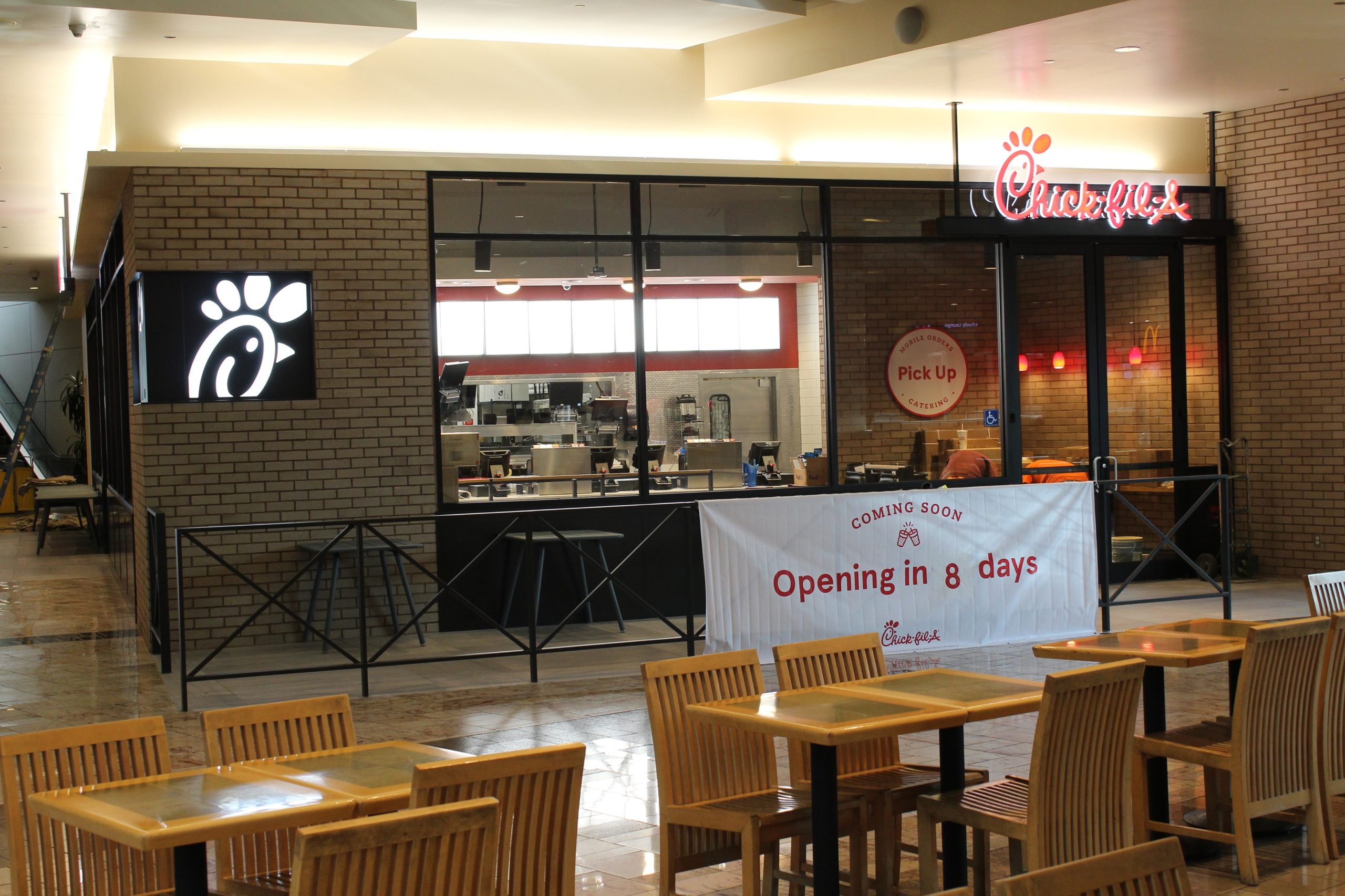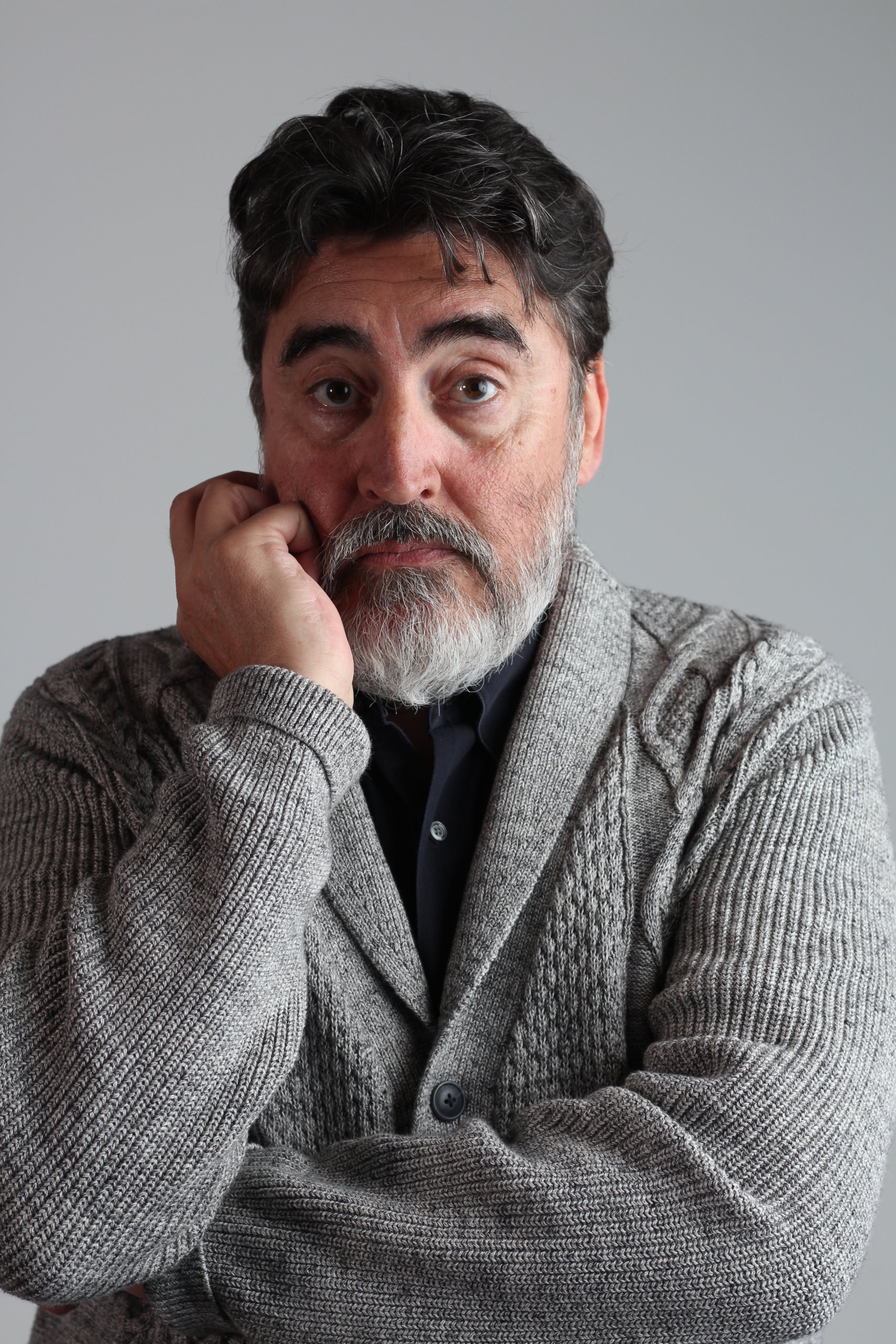
By May S. Ruiz
If audiences who are watching ‘The Father’ at the Pasadena Playhouse are dazed and bewildered, then it would have spectacularly accomplished showing us what goes on in the mind of someone afflicted with dementia.
Written by Florian Zeller and translated by Christopher Hampton, ‘The Father’ has been acclaimed on two continents. It won the 2014 Moliere Award and was nominated for the Evening Standard Theatre Award, the Olivier for Best New Play, and the Tony for Best Play. The much celebrated theatrical production promises to astound when it goes on stage at the Pasadena Playhouse from February 5th through March 1st.
‘The Father’ is directed by Jessica Kubzansky and stars Alfred Molina, in what’s being hailed as a tour-de-force role, Sue Cremin as ‘Anne,’ Michael Manuel as ‘Pierre,’ Pia Shah as ‘Laura,’ Hugo Armstrong as ‘Man,’ and Lisa Renee Pitts as ‘Woman.’
Taking a break from rehearsals, Kubzansky chats with me about how she landed the plum job of directing the play, why she immediately thought of Alfred Molina, and what she wants the audience to take away.
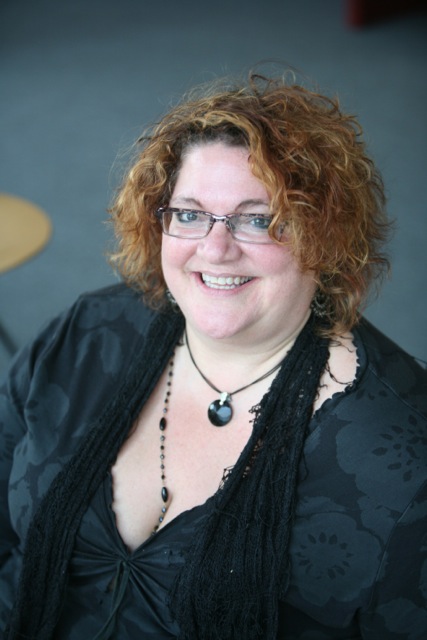
Kubzansky relates, “The brilliant Danny Feldman, the Pasadena Playhouse’s Producing Artistic Director, and I have worked together before. He said, ‘I have a play I want to send you. I don’t want you to do any research, I just want you to read it.’ I read it cold. I actually didn’t know anything about it and, in fact, obviously when I saw the title ‘The Father,’ my first thought was ‘Is he sending me the Strindberg?’ But it soon became very clear that it’s not the Strindberg and as I read it, my heart started beating faster. At the end of the play, I was blown away – gobsmacked! I called him and I said ‘Listen, I hope you’re thinking of Fred Molina for this role’ and he said to me, ‘Fred is already attached.’ And I went, ‘Oh my God! This is incredible!’ Of course, I would be honored to direct it.’”
Curious, I ask why she thought of Alfred Molina straightaway and Kubzansky replies, “Because he’s a brilliant actor.” I protest saying, “Surely, there are other wonderful actors.” And she quickly explains, “One of the things that’s important is that this is a story that can happen to anyone and Fred is so vital and alive. He’s such a powerful man and the idea that this happens to people who are vital, alive, and powerful was really moving to me. Much more so, frankly, than to see it happening to someone who already is, in some ways, on their last legs. First of all, I love Fred and I’ve never had the opportunity to work with him – and I’ve wanted to, for years, because he’s so brilliant. He has such a deep well and so much breadth and depth that he was the one who came to mind for the role when I read the play. He’s an astonishing instrument as an actor.”
When I inquire if she gave Molina specific directions or if he came in with his own ideas about the role, Kubzansky says, “Fred and I had a number of lunches before we went into rehearsals to talk about what’s moving to us about the play and about the approach to take. And we were on the same page. There’s no question that we have shared thoughts and opinions about various aspects of the play. Fred brings so much to the table – actually every single actor in this cast is remarkable. When I have actors that are this amazing, in general, I usually like to work off of their impulses and then help shape from there. Because a smart director takes advantage of all the great brains in the room. It’s a collaboration, of course. He has thoughts and questions, as do I, and we’re bouncing together to discover the play and his character. We’re enhancing each other.”
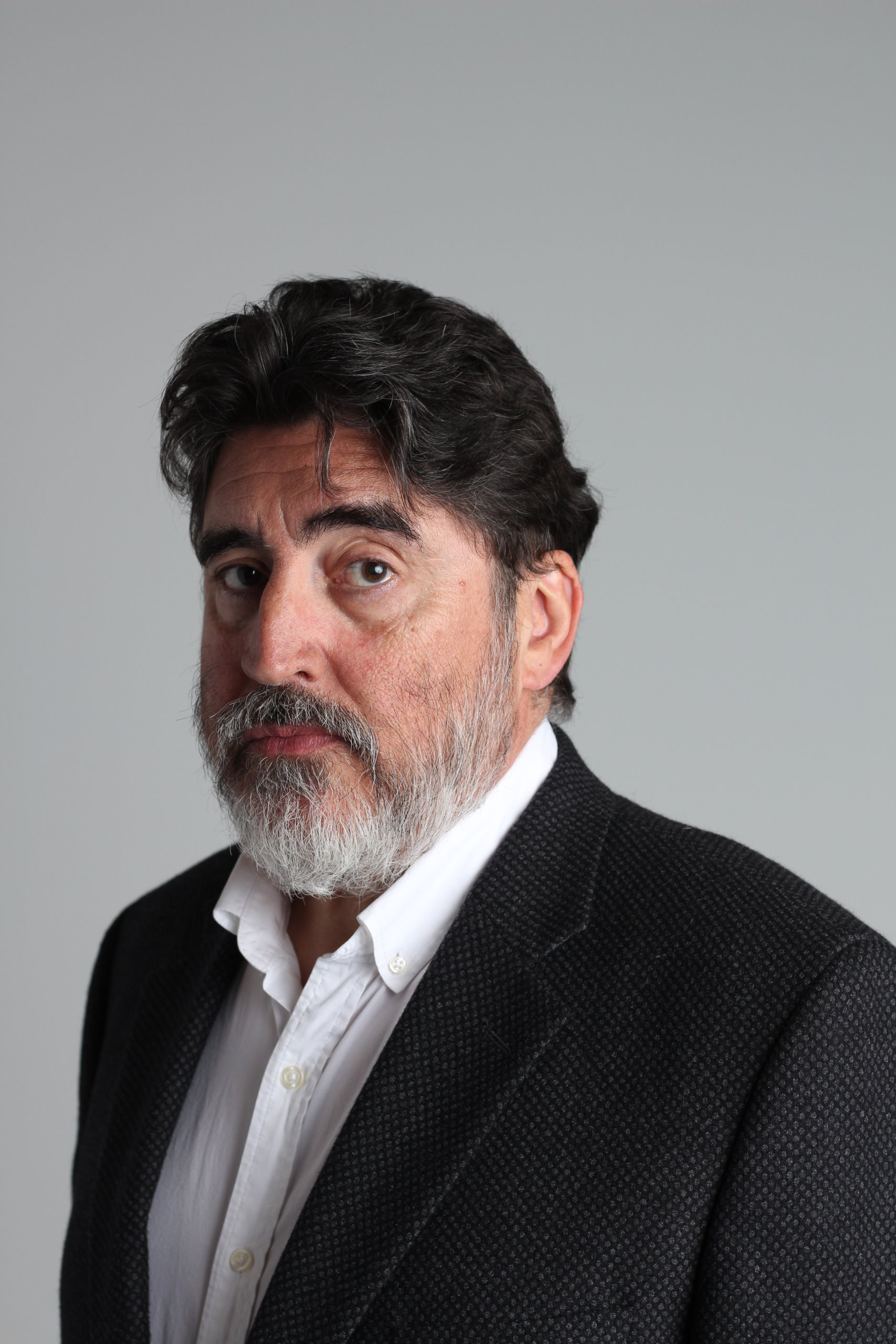
I ask what she found compelling about ‘The Father’ and Kubzansky enthuses, “I think it’s a beautiful, brilliantly written play. And I think it’s like getting lost in a fun house or a labyrinth. One of the things that really attracted me to the play was trying to figure out what is real and whose reality we’re in and why. That’s so exciting to me! It’s a viewpoint on a condition that many people are in the middle of that we don’t get to experience. The play is entirely from Andre’s perspective. And to understand the world through his eyes is very powerful and very moving and really disorienting in the way that I think it would be. I have never seen it and I’m happy I haven’t. When I direct something, unless it’s Shakespeare, I’m really delighted if I get to meet it for the first time.”
The play has been described as a dark comedy. But there’s nothing comedic about dementia, as people with relatives that suffer from dementia know very well, I tell Kubzansky. She acquiesces, then adds, “Dementia is a horrifying disease. It is unbearable because as the realities of people who have dementia diverge, you lose more and more the person you treasured all your life. That is totally undeniable and is absolutely touched on in this play. But there are events that happen around it that are just funny. There are some delicious moments when, for instance, Andre is meeting a new caregiver and he tells her that he was a tap dancer. And his daughter says, ‘Dad, you were an engineer!’ The fact that he’s now claiming he was a tap dancer, from one perspective, is horrifying. But there’s another perspective where that’s just funny. And, for the moment, maybe that’s true.”
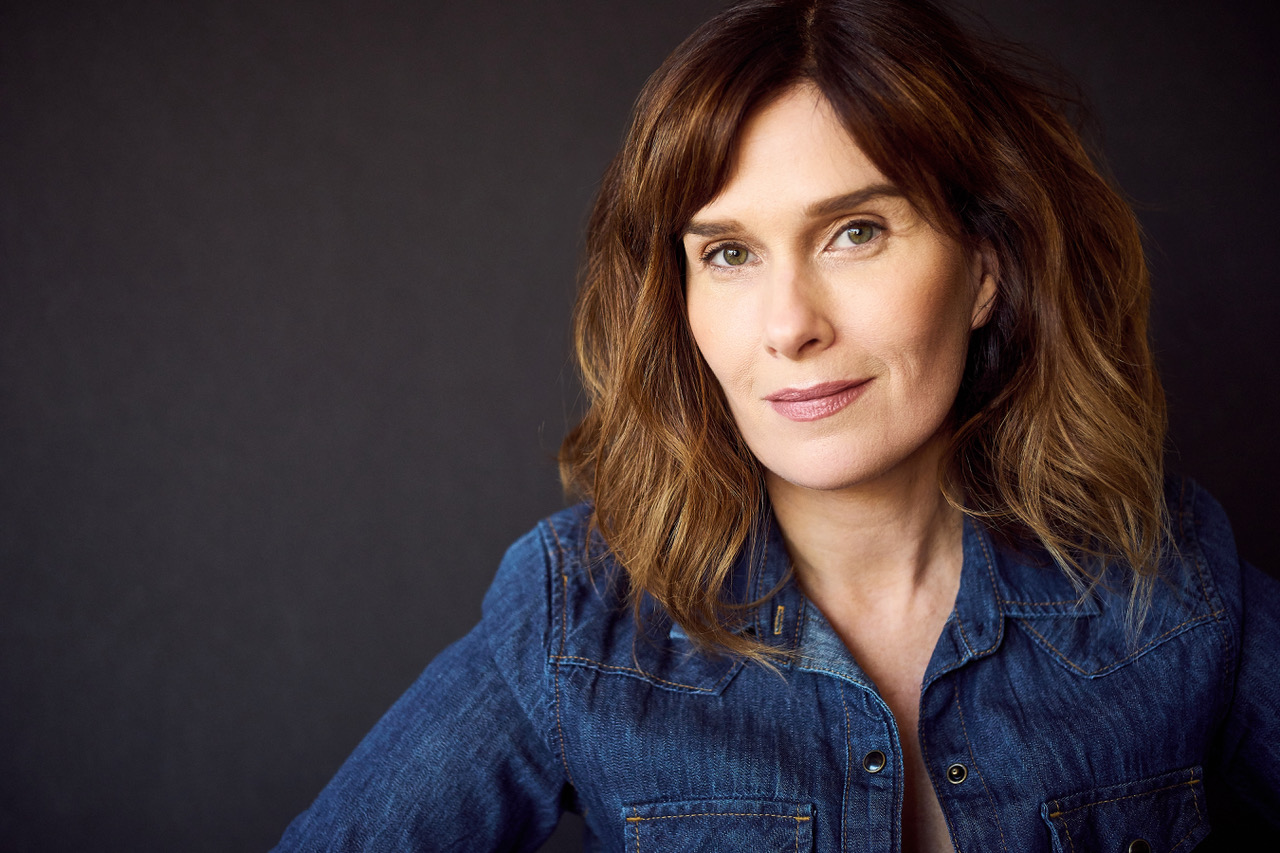
“We talk about both sides of people with dementia as being in a giant improv and (in the same way) most human beings don’t understand how much they’re improv-ing in daily life,” continues Kubzansky. “And what I mean by that is, I think, that a person who has dementia is aware that there are things they don’t know that they should. So they’re constantly acting like they know what’s going on to preserve face until a certain point after which that stops being the case. And the people surrounding them are continually trying to navigate what the person with dementia is thinking and the ways in which they can accommodate that thought while still getting what they need. The whole interaction is like a giant game of improv in which no one knows what’s going to happen next. Sometimes, unintentionally, the results of that are funny.
“For instance, in this play, Andre is very worried about a watch that he has. And the processes that he goes through to ascertain where his watch is, are sometimes really funny. He’s worried that it’s gone missing or someone’s taken it, and the means he uses to figure out what happened to his watch occasionally result in some kind of brilliant character improvs. So those are the reasons this play is funny. No one is making fun of this disease – it’s too terrible.”
Kubzansky has seen first-hand how dementia affects people. She discloses, “To be honest, in my particular case, my grandmother was a very dour, sour woman most of her life. She came from Poland to escape the pogroms. In Poland, her husband was an intellectual and when they immigrated to New York, he became a factory worker in a garment workshop. It was a very typical immigrant story. To get her to smile was like cracking granite. Her life was hard and you experienced that every time you interacted with her. But, as she turned 90, she started to have dementia and, all of a sudden, her personality radically changed. She confused us with people she grew up with – she didn’t recognize me as her granddaughter anymore. She assumed I was her friend in Poland – she was charming and sweet. I didn’t know that woman existed but I got to meet the woman before life beat on her. I could see why my grandfather married her. The dementia made her a nicer human. In a weird way, that one was a gift. Most of the time, I don’t think it is.”
The play might be disorienting for the audience. As Kubzansky describes, “Because the play is from Andre’s perspective, things change in very strange ways. Bizarre things happen and it is as disorienting for us as it is for him. For a minute we actually get to walk in his shoes but, blessedly, we don’t have to stay there like he does.”
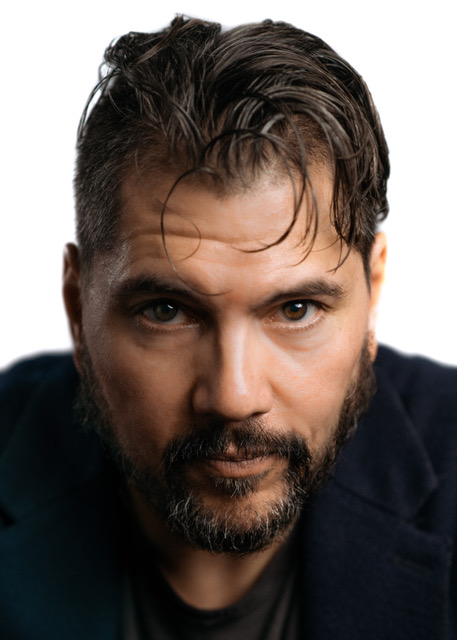
As for the reaction she’s hoping for, Kubzansky declares, “I want the audience to have a huge amount of compassion for every single human in the play because, I think, this is not only the story of a man who has dementia, but the story of his daughter who’s trying to be his caregiver. It’s the story of her partner, who is living with someone who isn’t his parent who has dementia, and how trying that is. I want everyone to understand how challenging it is for everybody to be a good human being in very difficult circumstances – how wearying it is to be the caregiver, how exhausting it is to be the person who has the disease and doesn’t understand what’s going on most of the time. I want us to think about the people who dedicate their lives to taking care of these people. I think it’s such a challenging road to navigate. One of the things that I think gets really hard when people become exhausted – either because they have the disease or because they’re dealing with someone who has the disease – is how to remain a good human being, how to stay compassionate and not punitive or uncaring.
“I hope that people walk out of the play with the sense that they are seen, that they’re challenged in their journey. Because whether you’re caring for a parent with Alzheimer’s or a parent who is terminally ill with cancer, there’s so much caretaking going on. There is a huge generation of people taking care of older parents and their own children at the same time and it’s exhausting. The idea that the audience could walk out having seen themselves and know that someone else is seeing how challenging their journey is, and how difficult yet how desirable it is to be a good human being through those given circumstances. Most profoundly, with a new understanding from inside the head of the person who’s experiencing dementia – what it must be like. I would be thrilled if that’s what people walked away with.”

